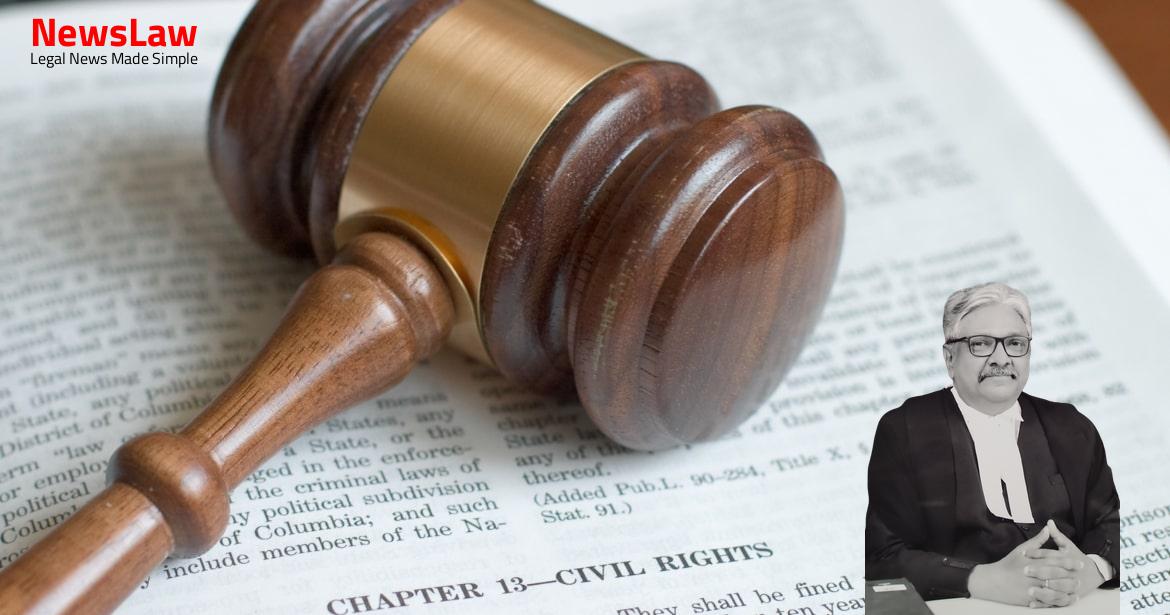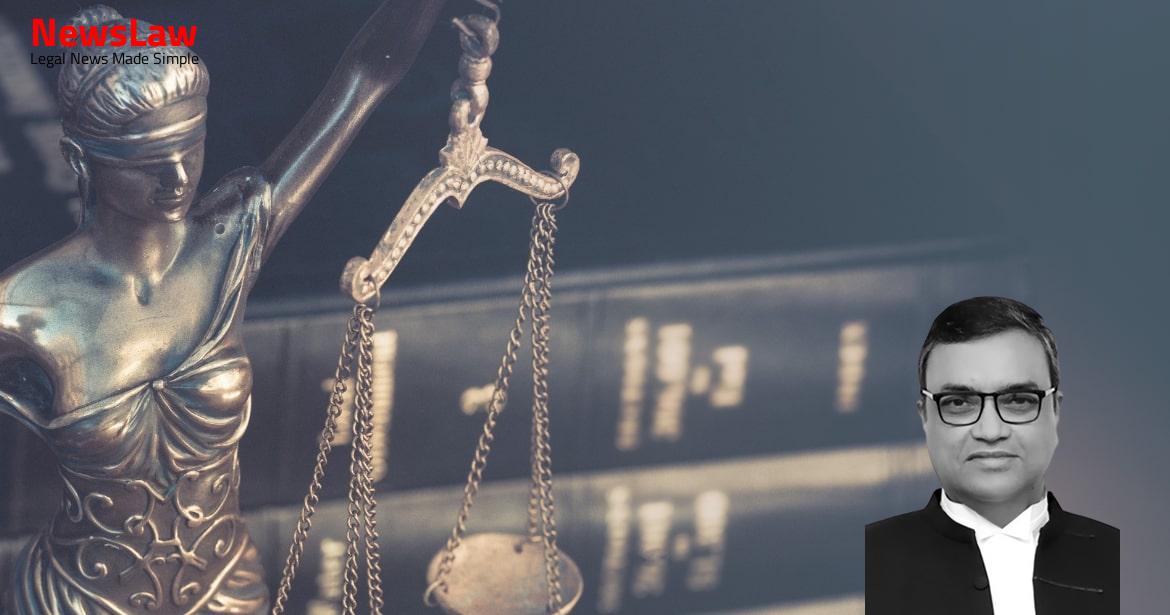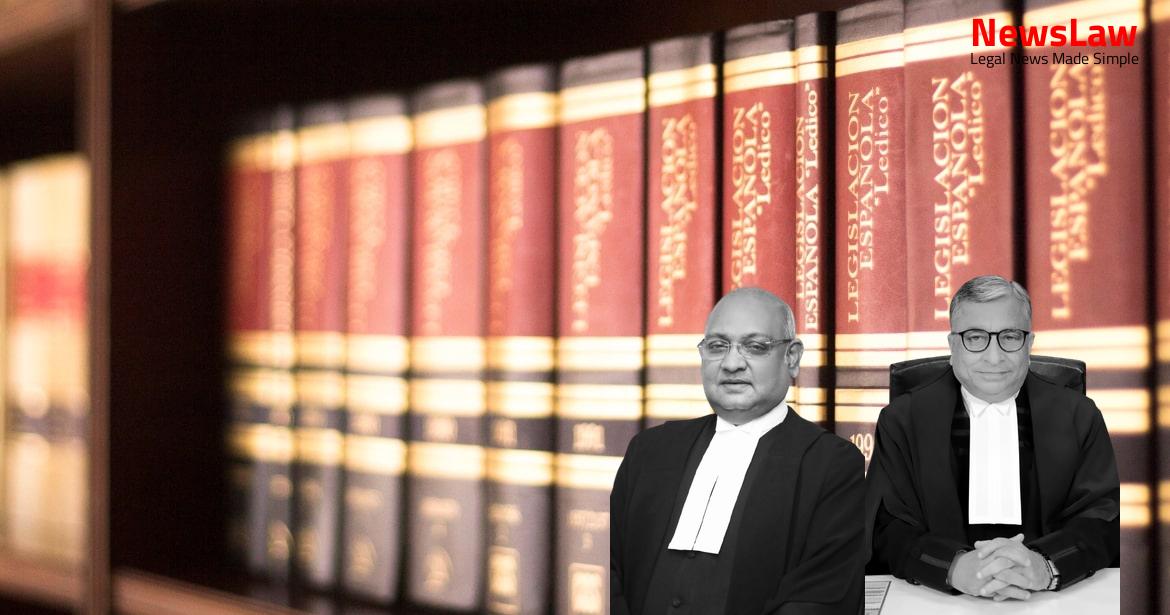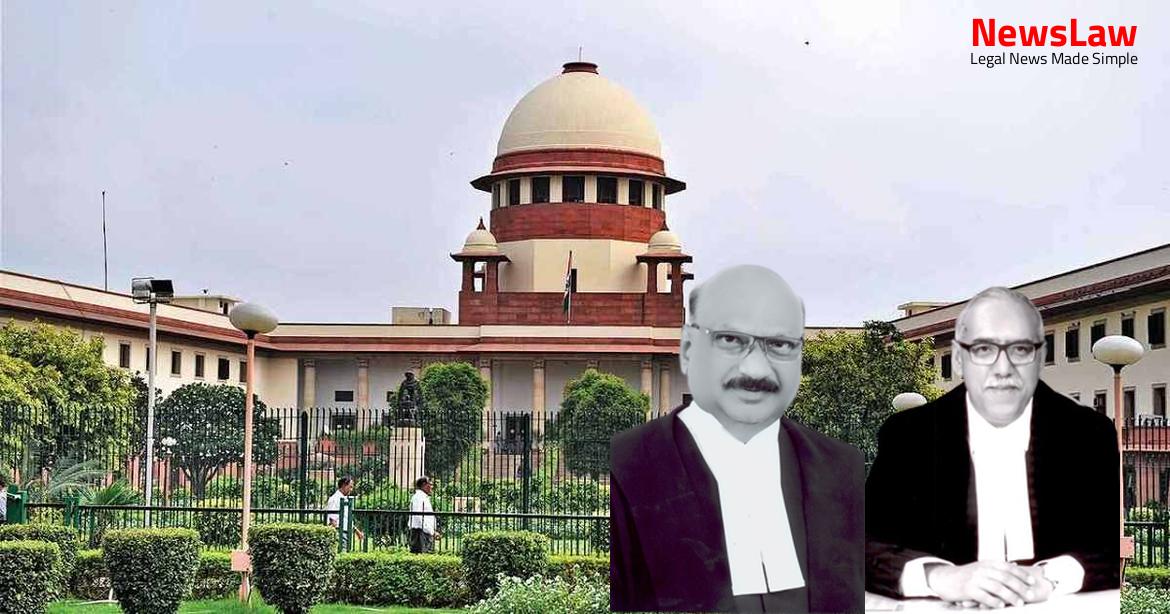A significant ruling by the Supreme Court on the case involving the secrecy of the Rafale Deal has been delivered. The judgment addresses the issues surrounding the unauthorized communication and use of information related to prohibited places under the Official Secrets Act, 1923. In the case involving the unauthorized removal and use of documents, the Court’s decision carries implications for transparency and accountability in governmental dealings. #SupremeCourt #RafaleDeal #OfficialSecretsAct #Transparency
Arguments
- Counsel for Mr. Whitlam argues that exclusion of a document is different when based on its class rather than its contents.
- The Attorney General argues that the review petition lacks bona fides as it includes three unauthorized documents from the Ministry of Defence, Government of India.
- The Attorney General requests the case to be dismissed immediately due to public policy considerations.
- The Court reiterates principles from Kesavananda Bharati Sripadagalvaru v. State of Kerala on judicial review not leading to judicial oligarchy or judge-made law.
- The Attorney General warns that keeping the case alive could threaten the security of all citizens within the territories.
Analysis
- The Official Secrets Act, 1923 prohibits the unauthorized communication or use of information relating to prohibited places or secret official codes/passwords.
- Unauthorized removal and use of documents related to the Rafale Deal is considered a violation of the Official Secrets Act, 1923.
- Sections 3, 5(1) of the Official Secrets Act; Section 8(1)(a) and 8(2) of the Right to Information Act and Section 123 of the Evidence Act are invoked to prevent disclosure of the documents.
- Penalties for spying under the Official Secrets Act include imprisonment for up to 14 years depending on the offense.
- Public authorities may allow access to information if public interest outweighs the harm to protected interests.
- The Right to Information Act, 2005 provides citizens with the right to access information, subject to certain exemptions.
- The Act overrides inconsistencies with the Official Secrets Act, 1923, and other laws.
- Certain intelligence and security organizations are exempt from the Act, except in cases of corruption or human rights violations.
- Article 74(2) of the Constitution prohibits inquiries into advice given by Ministers to the President.
- Section 8(2) of the Act overrides exemptions declared under Section 8(1) or Official Secrets Act if public interest outweighs harm to protected interests.
- Section 8(1)(a) exempts information affecting sovereignty, security, foreign relations from disclosure, but public interest can override this.
- Parliament has advanced the law through Section 8(2) by emphasizing public interest over absolute protection of certain values.
- Documents for Crown privilege must be carefully evaluated by the court, with public interest as the determining factor.
- Publication of documents in ‘The Hindu’ newspaper has legal significance under the RTI Act’s transparency mandate.
- Privilege claims under Section 123 of the Evidence Act are subject to public interest considerations and court evaluation.
- Court’s duty is to balance the competing public interest aspects when determining disclosure of documents related to security or state affairs.
- Parliament under RTI Act has emphasized transparency, openness, and the highest levels of public interest over restrictive laws like Official Secrets Act.
- Evidentiary privileges like those under Section 123 must be weighed against the public interest and principles of justice.
- The Court emphasizes the importance of public interest in non-disclosure of certain documents, even if known to the public.
- The balance between two competing aspects of public interest must be performed by the court to decide on disclosure.
- Documents belonging to a protected class are immune from disclosure in the interest of the public service’s proper functioning.
- The court may exclude evidence contrary to public interest, balancing the need for disclosure versus non-disclosure.
- Documents improperly obtained subject to claim for privilege may not be legitimized solely based on relevancy.
- Larger public interest may justify refusing to legitimize such documents in certain cases.
- Complaint in the writ petition alleges serious wrongdoing in high levels of power, seeking action under Prevention of Corruption Act.
Case Title: YASHWANT SINHA Vs. CENTRAL BUREAU OF INVESTIGATION THROUGH ITS DIRECTOR
Case Number: R.P.(Crl.) No.-000046 / 2019



